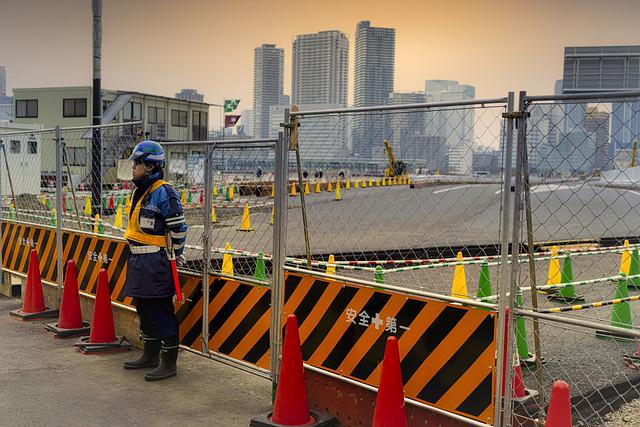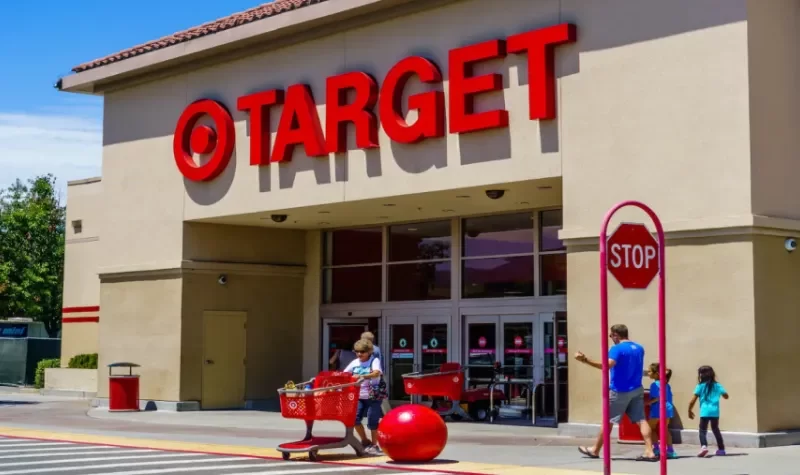As a caretaker, you are responsible for the upkeep of property, not people, and for ensuring the safety of structures and real estate. In addition, you must maintain the property’s cleanliness, keep an eye on any alarm systems or security cameras, and keep track of any power outages or other issues.
Please continue reading so I can give you more specific information about what a caretaker does.
Table of Contents
What Is A Caretaker?
You can easily go over the line into caretaking when you are a caregiver, which results in an unhappy and unhealthy relationship. An important distinction between a caregiver and a caretaker is the setting of clear boundaries. Caregiving can result in co-dependency, which is a dysfunctional behavior, when they are absent.
Unmet expectations can ruin an otherwise healthy relationship because it is simple for the caretaker’s goals to subtly take precedence. Instead of serving the intended purpose in this situation, providing care could harm both the caregiver and the recipient.
It is not out of empathy that a caretaker accepts their position. Instead, they are motivated by need and privation, which fosters an environment that is enabling. The individual does not accept responsibility for their behavior or needs, which makes them reliant on the caregiver. They lack the ability to live with assurance.
Caretaking has expectations or strings attached, as opposed to being a caregiver who expects nothing in exchange for looking after someone else. Additionally, a caregiver may experience feelings of superiority and need, which could result in exerting some control over the person they are caring for and creating an unbalanced relationship. When the caretaker’s advice or recommendations are not followed, such an environment eventually breeds resentment and anger.
Read about: Can You Lose A Job Offer By Negotiating Salary
Caretaker Duties & Responsibilities
Depending on where they work, caretakers have different responsibilities. On the other hand, they share the following duties:
- Keeping the building clean or managing a crew of cleaners.
- gardening, carrying out landscape-related tasks, or managing others who are doing these things.
- Make sure the building’s heating, cooling, lighting, and alarm systems are in good working order by conducting an inspection.
- carrying out minor maintenance and repairs as necessary.
- locating, scheduling, and controlling contractors for significant repairs.
- Following up on furniture, equipment, and cleaning supplies and placing new orders as necessary.
- managing reservations for any rental structures or rooms.
- When a building is not in use, all doors and windows should be locked and the building should be opened in the morning.
- following the company’s safety guidelines to create a secure working environment for all employees.
Caretaker Skills & Qualifications
In order to maintain buildings, caretakers rely on both their hard and soft skills. The following are typical prerequisite knowledge, abilities, and skills for a successful Caretaker candidate:
- Basic DIY abilities and thorough knowledge of maintenance techniques.
- logical thinking abilities to solve maintenance and safety issues.
- Strong verbal and written communication abilities are necessary for giving contractors and support crews instructions.
- Organizational, multitasking, and planning abilities.
- Customer service abilities for effective communication with building owners and managers.
- Skills in networking and research to find the best outside contractors.
- Using negotiation techniques to get the best deal on contractors.
- First aid for providing on-site basic medical care to contractors or local residents.
Experience Requirements Of Caretaker
Caretakers frequently don’t need any prior experience because the majority of employers offer thorough training. The specific building and its requirements are taught to Caretakers during this training. Experience in caring for others is always preferred, though. Working in a setting that requires caregiving is advantageous. Experience in a related field, such as building maintenance, gardening, electrics, cleaning, or plumbing, is also beneficial.
Education & Training Requirements Of Caretaker
In most cases, caregivers don’t require any specialized education or training. Some employers might look for candidates who have English and maths GCSEs. A future caregiver may also benefit from these credentials to land an appropriate apprenticeship. A candidate with an intermediate apprenticeship in property maintenance or facilities services would be ideal. Candidates with the appropriate Level 2 certificates are given preference. Caretakers can benefit from having certificates in property management, facilities management, cleaning, support services, and support work in schools.

Salary Expectation Of Caretaker
The average hourly wage for a caretaker in the UK is 10.04 pounds, according to Indeed Salaries. Salary ranges depend on factors like experience, certification, employer, and geographic location.
Where Do Caregivers Work?
Schools, campgrounds, cemeteries, construction sites, and hospitals are just a few of the places where caretakers can work. Taking care of a opulent estate may even be a job for some caregivers. In this line of work, seasonal work is common, but some employers prefer long-term property maintenance monitoring. While some jobs may also require you to live on-site, others may only require you to manage a handful of unsupervised off-site projects at once. Advanced skills in carpentry, painting, plumbing, or electrical trades could result in a lucrative career.
What Is A Caregiver?
Those working in hospices or nursing homes providing care for the elderly or the chronically ill typically come to mind when we consider professional caregivers. There are also family caregivers who take care of a disabled person, a mentally ill person, a child, or an older person within the home environment.
Family caregiving is a fulfilling experience that is full of rewards beyond the responsibilities one takes up. Being a caregiver entails providing for another person without anticipating payment or any other form of reward.
When you take on the role of a caregiver, you are there to support the person you are taking care of rather than to interfere with their privacy or make decisions on their behalf. To help the person you are caring for make the right decisions and accept responsibility for their actions, you must empower and encourage them. Setting limits and boundaries with the person you are providing care for as well as with yourself is part of caring for them. An essential component of your well-being as a caregiver is taking care of yourself.
What Defines The Difference Between Giving And Taking Care?
Although “to give” and “to take” describe opposite actions, caregiver and caretaker both mean “a person who provides care and attention.”
In the dictionary explanations, caretaker usually is described as someone employed to look after goods, property, persons or animals. Caregiver refers to a family member, friend or a professional who provides care and support for a child or a dependent adult.
We can distinguish between these two terms, though, when caring for someone else who is in need because language is specialized and has different meanings depending on the context.
Caregiving comes from love and forms the basis of healthy adult relationships. Yet there is another element that develops from caregiving, and that is caretaking. It is far from showing another person love and care and leads to codependency.
Transition From Providing Care To Providing Care
Caretaking and caregiving are mutually exclusive even though some experts tend to see them as a continuum. If a caregiver invests too much time or energy in the person they are caring for, they may easily cross the line. If the caregiver becomes aware that their behavior has gone too far, they can alter it. What are the warning signs to watch out for if you think you’ve gone from being a caretaker to a caregiver? You should ask yourself the following questions to determine how your roles as a caregiver have changed.
Do you ever feel resentment or anger towards the person you are taking care of?
One of the best ways to determine if you are a caregiver or a caretaker is to ask yourself this question. Unmet expectations and an unbalanced relationship between the caregiver and the recipient can lead to anger and resentment.
Do you believe your efforts should be appreciated by the recipient?
Caretakers believe that the more they pitch in to assist others, the more loved or valued they will be. They anticipate that the person receiving their assistance or care will be aware of and grateful for all the efforts they have made on their behalf. Although it can be a sign that your sense of worth depends on what other people think of you if you believe that they will love or value you more as a result of what you do for them.
Regarding the person you are caring for, do you have respect?
Caretakers do not respect or recognize the ability of the care recipients to take care of themselves. It is simple to make the assumption that you can understand the needs of the person you are taking care of better than they can, leaving them with the impression that they are inadequate.
Are you rushing to the person’s aid when they have a problem?
You have entered the realm of caretaking if you find yourself trying to solve every issue for the person you are caring for or shielding them from the repercussions of particular decisions. The recipient may never learn the lesson intended if you don’t give them the opportunity to handle the situation or effects of their actions. Second, you end up bearing the burden of solving the issue as a caregiver, which causes stress and exhaustion. The situation ultimately benefits nobody.
Final Words
What constitutes a caretaker was the post’s main topic. Did you gain a thorough understanding of what a caretaker is as a result of reading the entire post?
I’ll say it again: please read our posts if you want to learn more about jobs. Please leave a comment if you have any queries about the definition of a caretaker.
We appreciate your reading.



